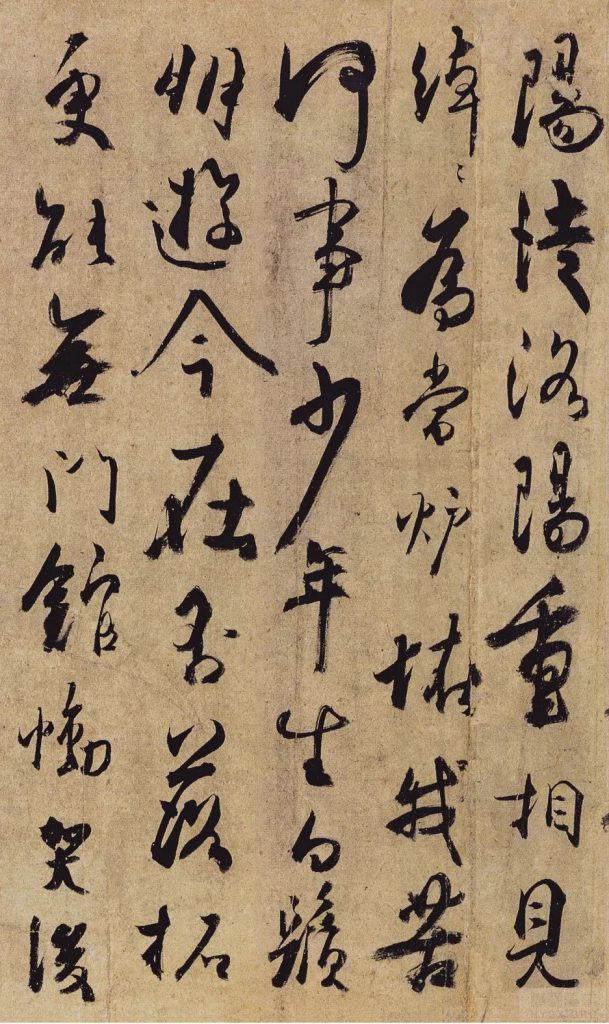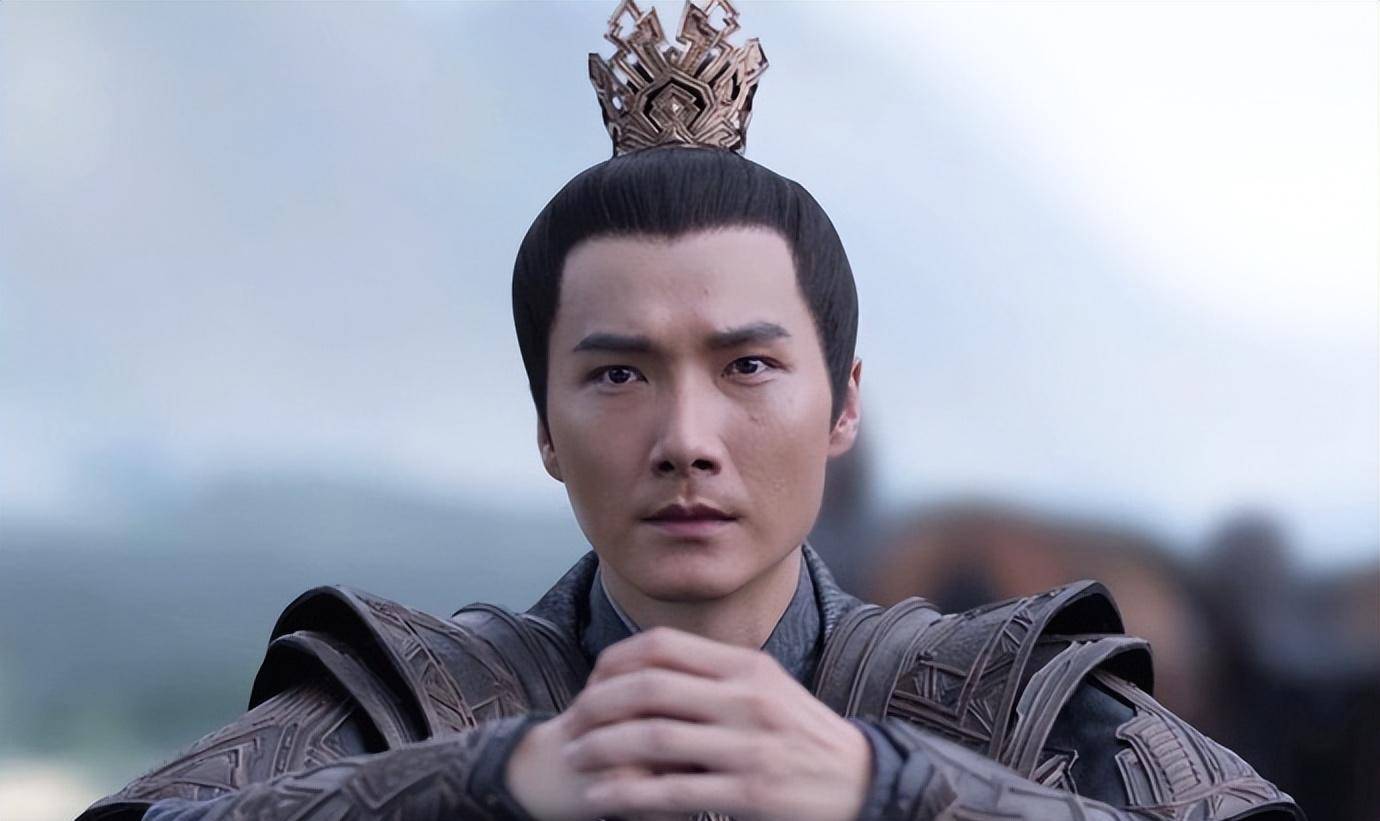Today I am going to introduce to you a modern female national hero – Qiu Jin. Qiu Jin was an advocate of feminism and women’s studies in China. Although she was not the first woman to dedicate herself to the revolution, her influence among the people was unparalleled. It can be said that she fought for feminism throughout her life, which required great courage during the feudal period at that time. Qiu Jin’s unwavering choice to join the revolutionary movement played an irreplaceable role in promoting women’s liberation. Below are more introductions about Qiu Jin and her life stories. Let’s take a look together.

1. Qiu Jin’s personality
Qiu Jin, born in Yunxiao, Fujian in 1875, had the milk name Yugu and the first name Guijin. Her ancestral home was Shanyin, Zhejiang (now Shaoxing), and she originally came from a noble family with a comfortable life.
Grandpa Qiu Jiahe and father Qiu Shounan were both officials of the Qing Dynasty. Father also served as the governor of Chenzhou, Hunan, and his mother, the Dan family, was also a prominent figure in Xiaoshan, Zhejiang.

Therefore, Qiujin received excellent family education from a young age, and was also fond of literature and history, as well as poetry. At the age of 15, he learned horseback riding, martial arts, and stick fencing with his cousin Dan Zongxun. Over time, Qiu Jin grew into a remarkable woman who was skilled in both literature and martial arts.
However, although Qiu Jin’s family conditions are good, her parents are relatively open-minded. But at that time, it was still shrouded in strong feudal ideology, and my father Qiushou and mother Dan couldn’t break through the deep-rooted shackles. When Qiu Jin was a child, she still had to rely on her parents’ arrangements for marriage.
Therefore, at the age of 19, Qiu Jin had to follow the arrangement of her father, who was then the head of the sales office of Xiangxiang County, and marry a wealthy young man from Hunan, Wang Tingjun, who opened the “Yiyuan Pawnshop” in Xiangtan.
In 1900, Wang Tingjun donated money to the position of “head of the Ministry of Revenue” and brought Qiu Jin to the capital to broaden his horizons. In the capital, Qiu Jin read a large number of progressive newspapers and magazines, and her thoughts were greatly liberated.
But soon, the Boxer Rebellion broke out and the Eight Nation Alliance invaded China. In order to seek refuge, Qiu Jin had to return to Heye Town, Shuangfeng County with her husband.
During this period, Qiu Jin kept close contact with Tang Qunying and Ge Jianhao, who were progressive in their thinking. The three people were like sisters. They often gathered together, drinking and composing poems, playing piano with the moon, or playing chess. They had a happy time. At that time, she was known as the “Three Female Heroes of Xiaoxiang”.
2. Advocate for women’s rights
In July 1904, at the age of 29, Qiu Jin decided to leave her husband’s family due to family changes and self fund her studies in Japan. First, I enrolled in the Tokyo Japanese Language Training Institute to supplement my Japanese language skills. After graduation, I transferred to the Qingguo Women’s Rapid Education Specialized Course.
During this period, she initiated the establishment of the women’s movement organization, Gongai Association, with Chen Xiefen.
In early 1905, Qiu Jin returned to China to raise funds for continuing her studies abroad. In the autumn of that year, I went to Japan for the second time and enrolled in Qingshan Practical Girls’ School.
From then on, she adopted the pen name “Jianhu Female Hero” and advocated for feminist and women’s studies. She published a series of articles such as “The Benefits of Speeches,” “A Warning to China’s 20 Million Female Compatriots,” “A Warning to My Compatriots,” “Encouragement for Women’s Rights,” and “A Warning to Sisters,” promoting the idea that “women are not thriving, and race is not strong; If women’s rights are not strong, the national power will inevitably weaken; The advocacy of pursuing women’s freedom and progress, such as “seeking gender equality, women must have knowledge, seek independence, and not rely on men for everything,” is used to criticize the ugliness of backward and outdated feudal ethics.
Especially in the “Letter to the Sisters”, the living conditions of women in the old days are expressed vividly:
My two hundred thousand female compatriots are still in darkness, sinking into eighteen layers of hell, not wanting to climb up to a single layer. Their feet are wrapped small, their heads are combed bare; flowers and buds are tied and inlaid, wearing; silk and satin are rolled and coiled, wearing; pink is white, and fat is red. In their lives, they only know to rely on men for everything they wear and eat, their bodies are soft and smooth, their anger and abuse are suffocating, their tears often flow, and their lives are like being tied up in knots: prisoners for a lifetime, oxen and horses for half a life. May I ask sisters, Have you ever experienced the happiness of freedom and freedom in your lifetime
In 1906, at the age of 31, Qiu Jin returned to China and first served as a substitute teacher at Shaoxing Girls’ School. Soon after, she went to teach at Xunxi Girls’ School. Resigned during the summer and founded the China Public School in Shanghai.
In January 1907, the “China Women’s Daily” was founded with the aim of “promoting women’s education, fostering relationships, forming groups, and laying the foundation for the establishment of the Chinese Women’s Association in the future”. It called on the women’s community to be the “pioneer of lion awakening” and the “leader of civilization”.
3. Join the revolution
During Qiu Jin’s brief study period in Japan, she was baptized by the passionate revolutionary ideas of Chinese students studying abroad, and her pursuit of democracy, freedom, and independence was ignited. As a result, she devoted herself to the revolutionary cause of “the rise and fall of the world is the responsibility of every individual”.
In addition to studying at school, she often participates in international student conferences and gatherings of Zhejiang and Hunan hometown associations, giving speeches on the principles of revolution to save the country. She also has close contacts with patriots such as Lu Xun, Huang Xing, Song Jiaoren, and Tao Chengzhang, actively participating in revolutionary activities of students studying in Japan.
Formed a secret meeting with Liu Daoyi, Wang Shize, and others, with the aim of “resisting the Qing court and restoring the Central Plains”, and used the monthly magazine “Baihua” as a propaganda tool. Based on this expertise, using propaganda tools to report current events and solve practical problems, the more direct and rapid the effect, the better
Later, he also participated in the Hongmen Heaven and Earth Meeting and was awarded the title of “White Paper Fan” (Military Advisor).
In early 1905, when he briefly returned to China, he met with revolutionary party member Xu Xilin in Shaoxing (later merged with Tao Chengzhang, and the three of them were known as the “Three Heroes of Xinhai”). With Xu’s introduction, he joined the Restoration Society.
In July 1905, Feng Ziyou, introduced by the Triad, joined the Chinese Revolutionary League and was appointed as a member of the Review Department and a member of the main league in Zhejiang. During this period, Qiu Jin wrote a large number of revolutionary poems (included in the “Qiu Jin Collection”), such as “The situation is so daring to cherish oneself, willing to sacrifice one’s life” and “To fight for 100000 heads of blood, we must restore the power of the universe”.
After returning to China again in 1906, Qiu Jin traveled back and forth between Zhejiang and Shanghai to teach and run schools. He contacted revolutionaries and progressives under the name of “Ruijin Study Society” with Yin Ruizhi, Chen Boping, and others, actively preparing for the uprising work in Zhejiang.
4. Heroic sacrifice
While preparing for the uprising, due to the sudden passing of her mother, Qiu Jin immediately returned to Shaoxing to attend the funeral.
After handling her mother’s funeral, Qiu Jin was invited to stay at Shaoxing Datong School to oversee the school affairs. Using this as cover, they continued to travel between Hangzhou and Shanghai, and the military and academic circles were preparing for an uprising.
After secretly establishing the military system for the liberation, he and Xu Xilin secretly planned to launch an uprising on July 19, 1907 in Shaoxing and Anqing simultaneously.
Unfortunately, due to the leakage of information, Xu Xilin had to rebel in advance on July 6th. However, the corrupt and dark rule of the late Qing Dynasty was “dead but not stiff”, and Xu Xilin’s hasty uprising was brutally suppressed. Qiu Jin’s uprising in Shaoxing was also exposed.
Qiu Jin, who refused to leave Shaoxing, stated that “revolution requires bloodshed to succeed.” After disbanding the progressive students, she resolutely stayed at Datong School and waited for the Shanyin County magistrate Li Zhongyue to bring three hundred soldiers here to arrest them.
On July 13th, Qiu Jin was arrested and died calmly at Xuantingkou in Shaoxing on the 15th.
At the time of her arrest and trial, Qiu Jin did not disclose any revolutionary information, only leaving behind the seven words’ Autumn wind and rain make people sad ‘.
The talent of Qiu Jin and her heroic act of being put on trial with great righteousness deeply moved the presiding judge Li Zhongyue, who was forced by fate not to release the person without permission. After leaving behind the words of ‘Your humble words are light, I am ashamed that I am unable to fulfill them. However, your death is not my intention, and I am fortunate to forgive you.’ Only 104 days later, he hanged himself by hanging a beam. The Republic of China was established, and the truth of the Qiu Jin case was revealed. Li Zhongyue’s martyrdom for Qiu Jin also went down in history.
In fact, Qiu Jin, who is both a heroine and a martyr, was already prepared to sacrifice herself. At the time of death, he was only 32 years old.
No wonder she chose the final line from the Qing Dynasty poet Tao Zongliang’s poem “Farewell at Autumn Dusk”, “Autumn rain and autumn wind make people sad”, to show that she is not afraid of the wind, knives, frost, and swords in the cold autumn, and is willing to sacrifice her life to warn the world for the victory of the “Xinhai Revolution”!
Wow, Ms. Qiu Jin.
【 Author Introduction 】 Li Dakui, born in 1970, holds a Bachelor’s degree in Law and is from Meitan, Guizhou. He is a literary enthusiast.

